- Filter By:
-
-
Stock photos and images of username:yands
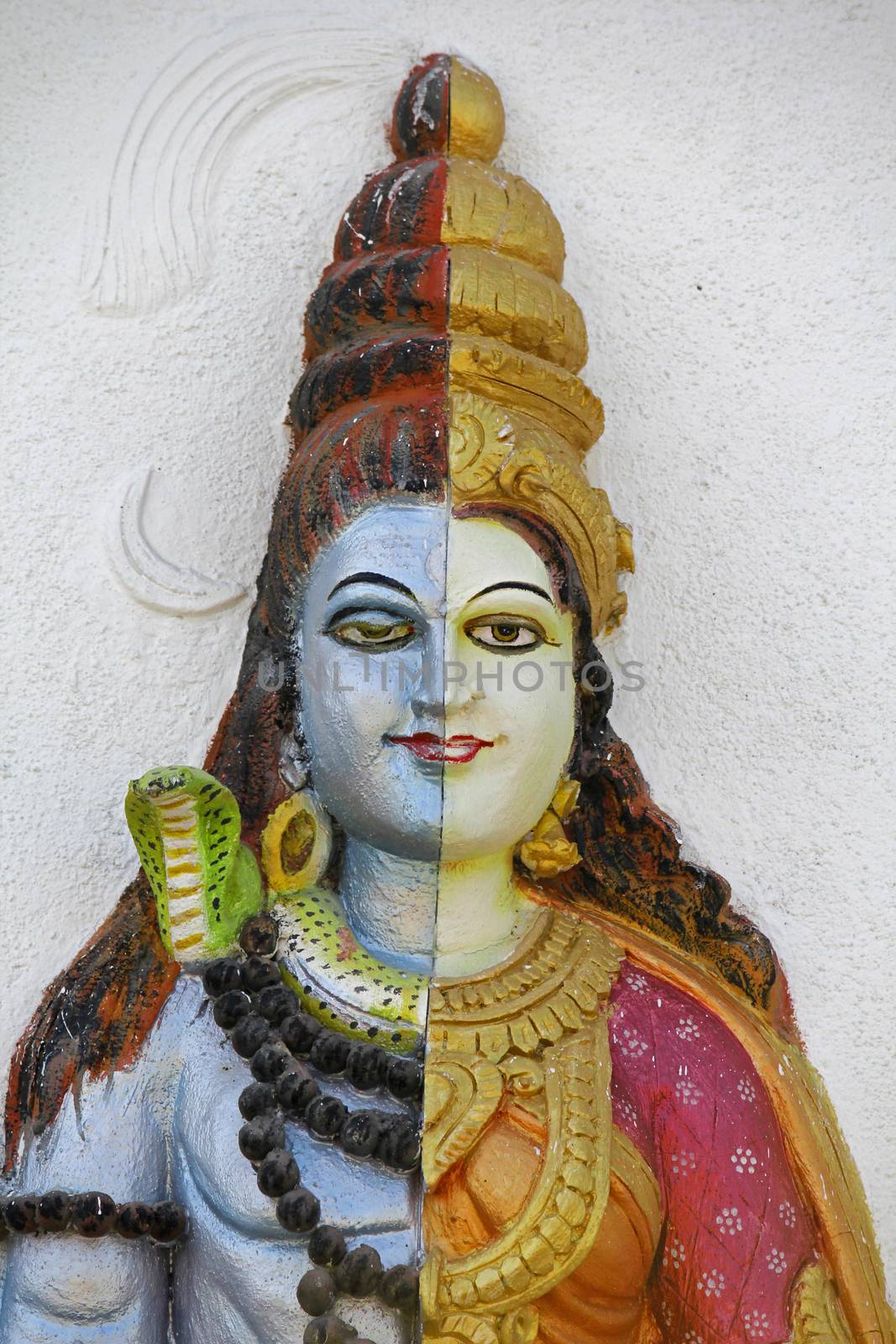
Statue of Ardhanari Nateshwar
Stock PhotoUsername
yandsResolution
3456x5184pxStatue of Ardhanari Nateshwar


Deepmala (Light pillar) at Changwateshwar Temple near Saswad, Ma
Stock PhotoUsername
yandsResolution
3456x5184pxDeepmala (Light pillar) at Changwateshwar Temple near Saswad, Ma
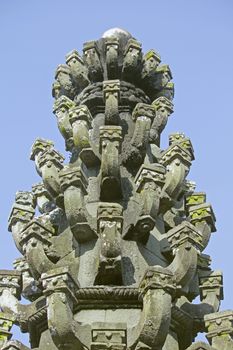
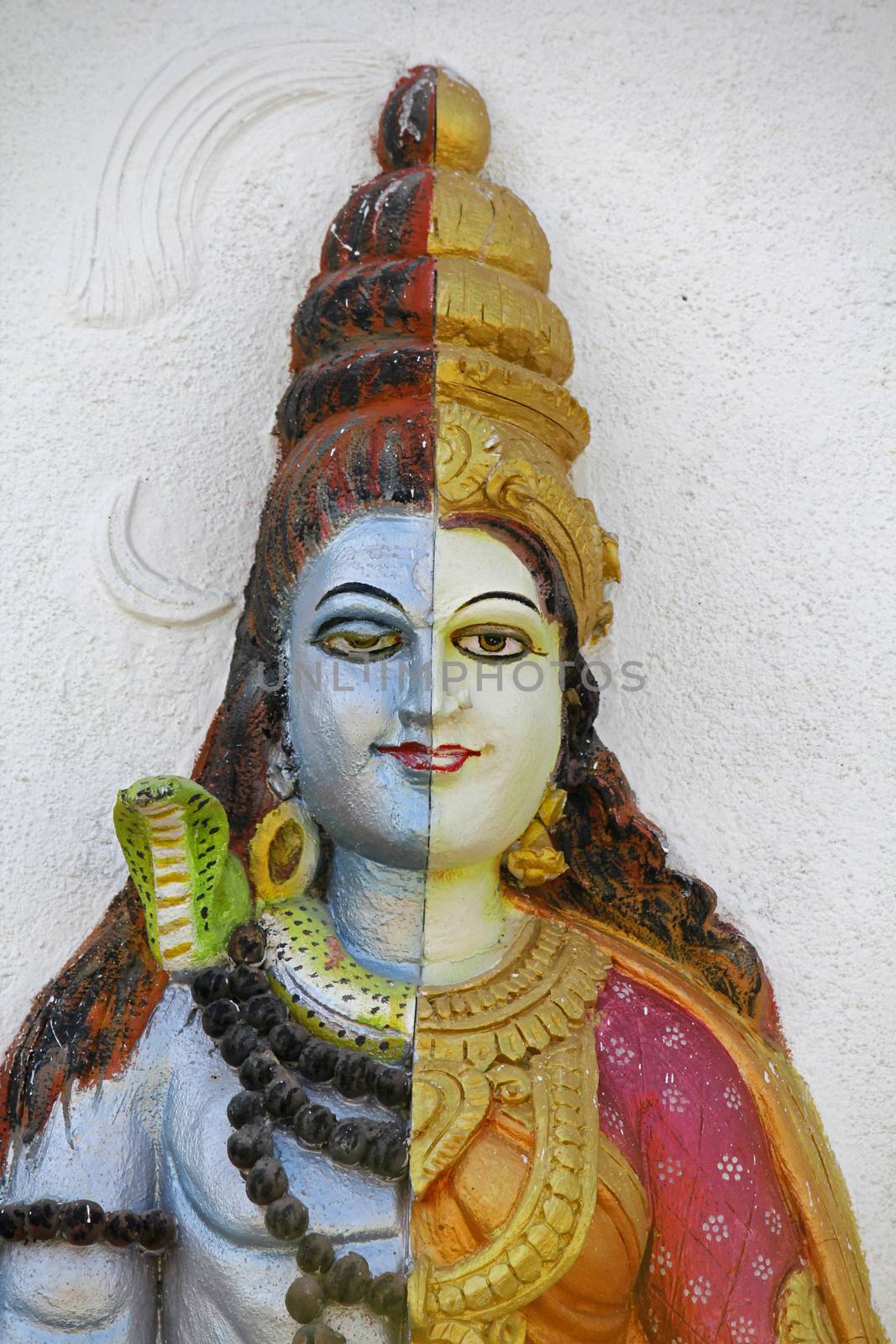
Statue of Ardhanari Nateshwar
Stock PhotoUsername
yandsResolution
3456x5184pxStatue of Ardhanari Nateshwar

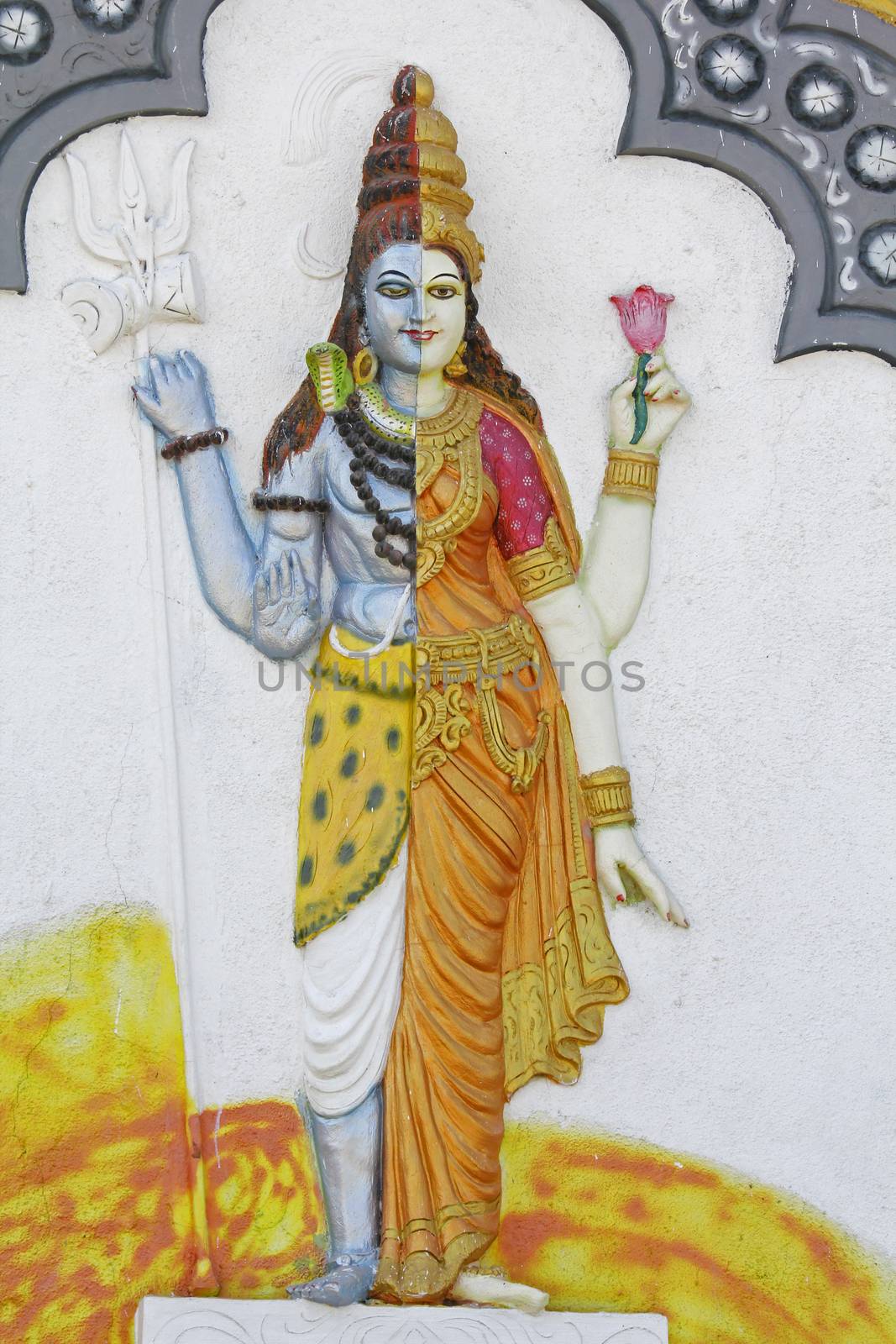
Statue of Ardhanari Nateshwar
Stock PhotoUsername
yandsResolution
3456x5184pxStatue of Ardhanari Nateshwar

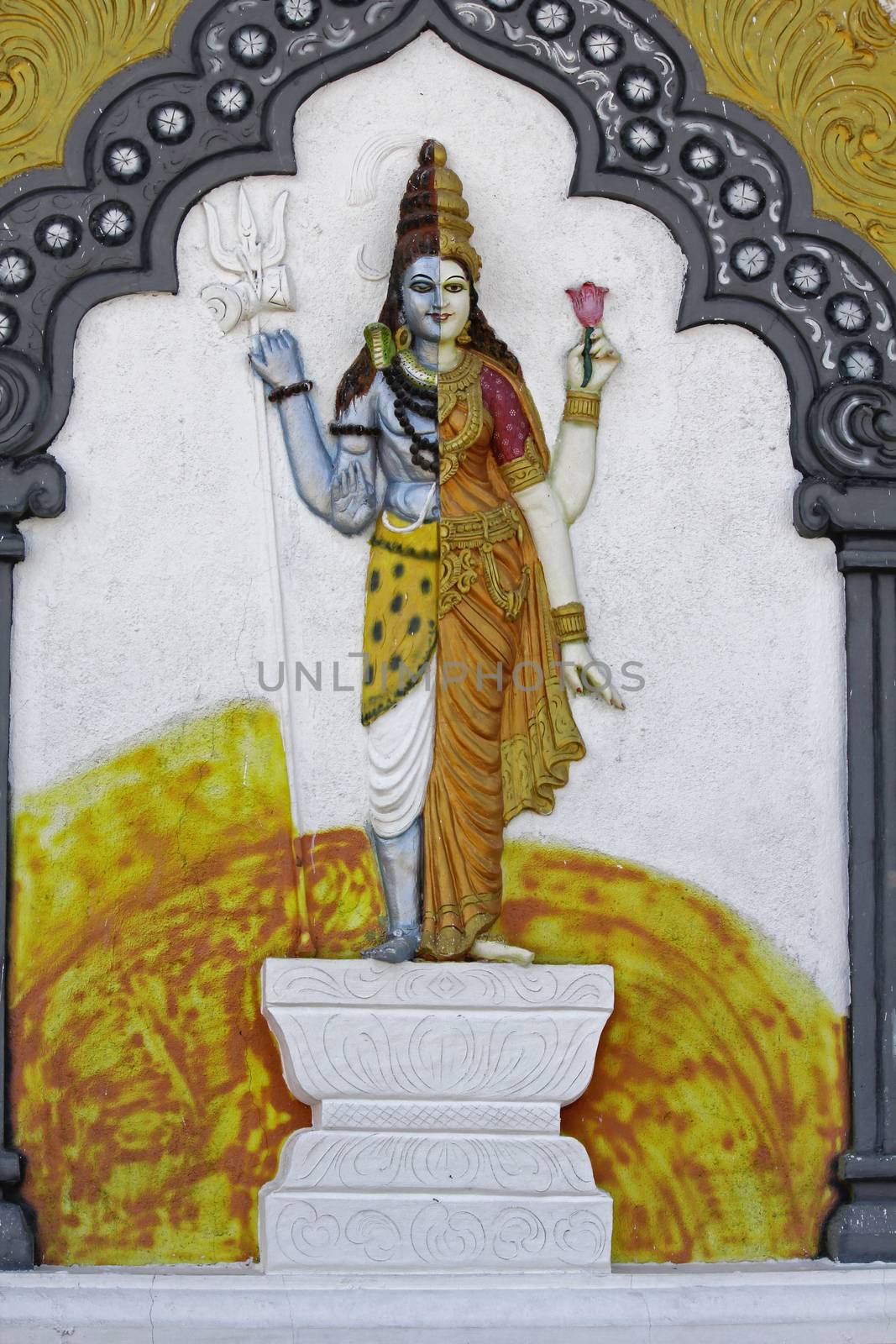
Statue of Ardhanari Nateshwar
Stock PhotoUsername
yandsResolution
3456x5184pxStatue of Ardhanari Nateshwar

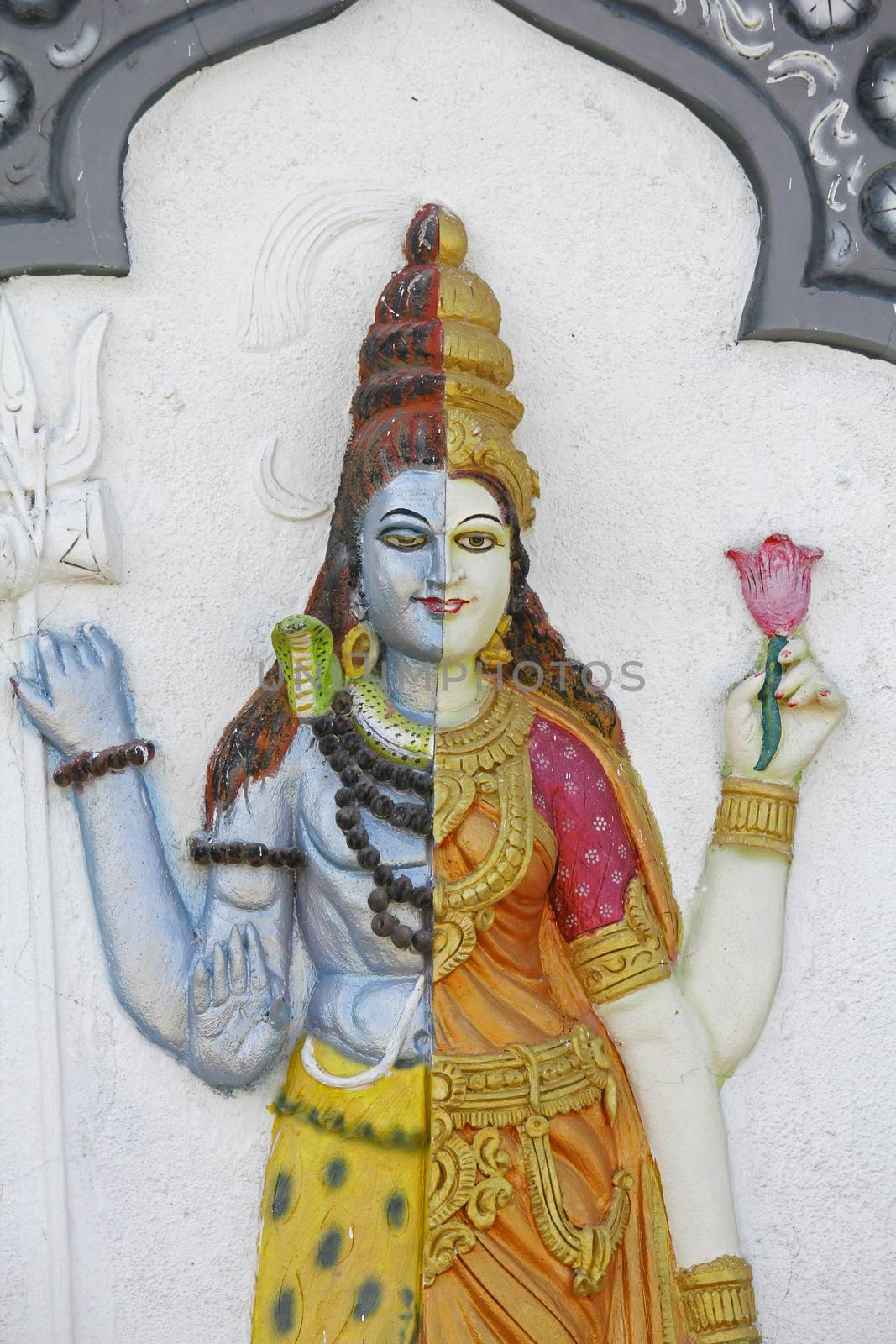
Statue of Ardhanari Nateshwar
Stock PhotoUsername
yandsResolution
3456x5184pxStatue of Ardhanari Nateshwar

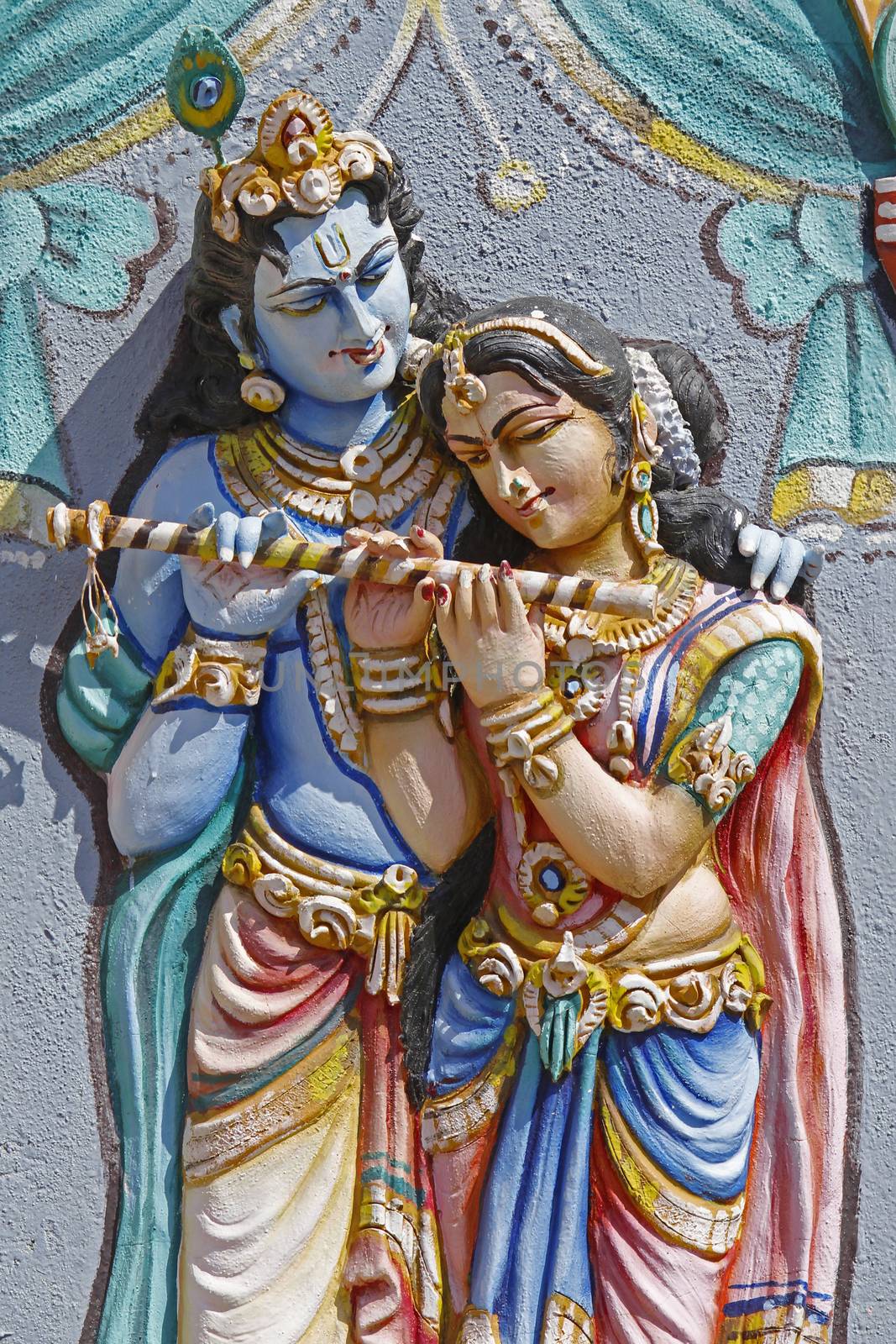
Sculpture of Radha Krishna
Stock PhotoUsername
yandsResolution
3456x5184pxSculpture of Radha Krishna


Sculpture of Radha Krishna
Stock PhotoUsername
yandsResolution
3456x5184pxSculpture of Radha Krishna
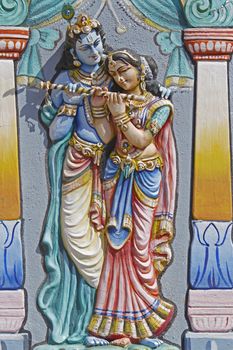
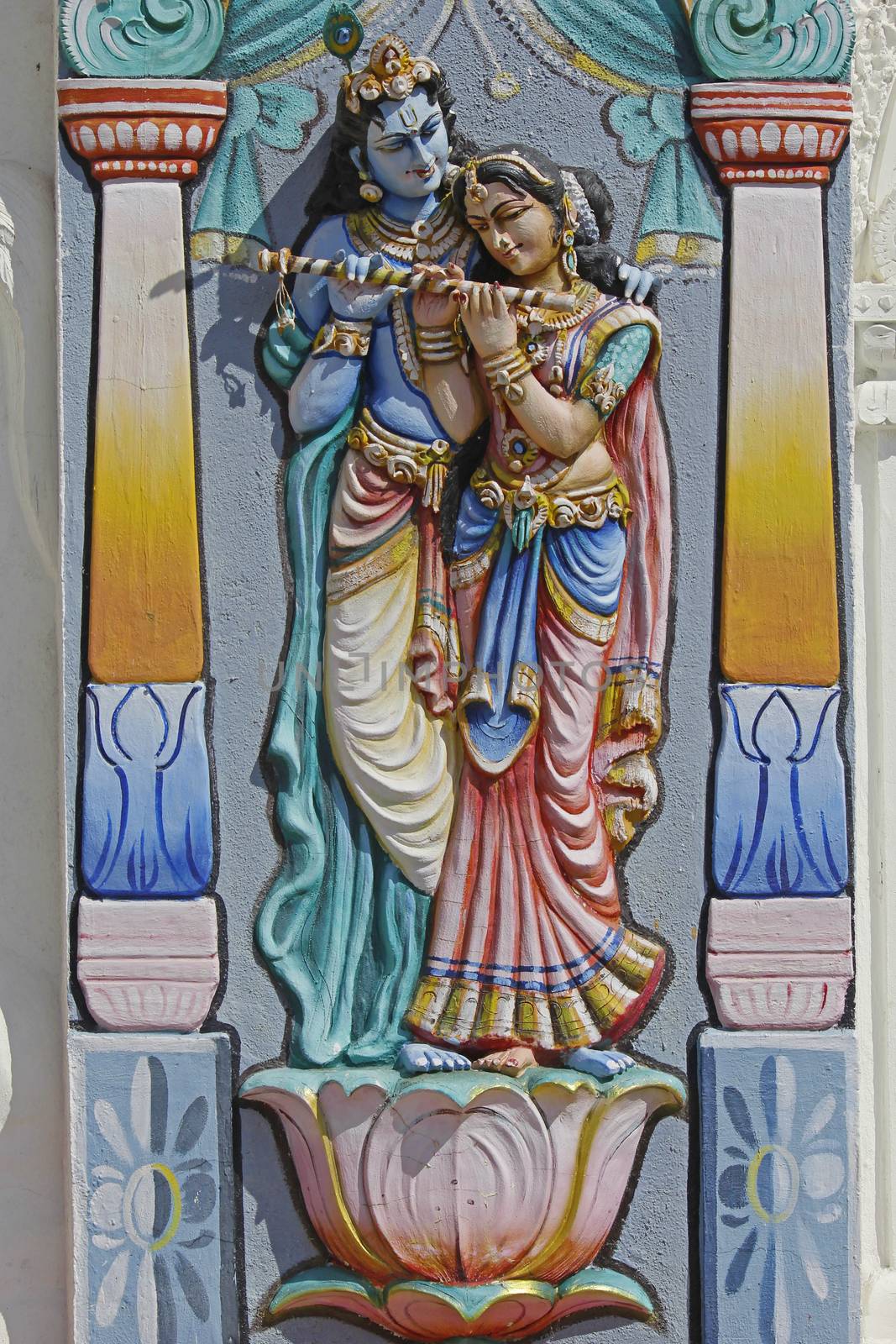
Sculpture of Radha Krishna
Stock PhotoUsername
yandsResolution
3456x5184pxSculpture of Radha Krishna


Orange Hindu temple flag in the breeze
Stock PhotoUsername
yandsResolution
3456x5184pxOrange Hindu temple flag in the breeze
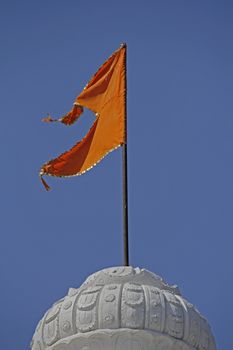

Sculpture of Radha Krishna
Stock PhotoUsername
yandsResolution
3456x5184pxSculpture of Radha Krishna
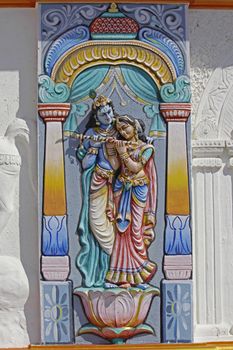
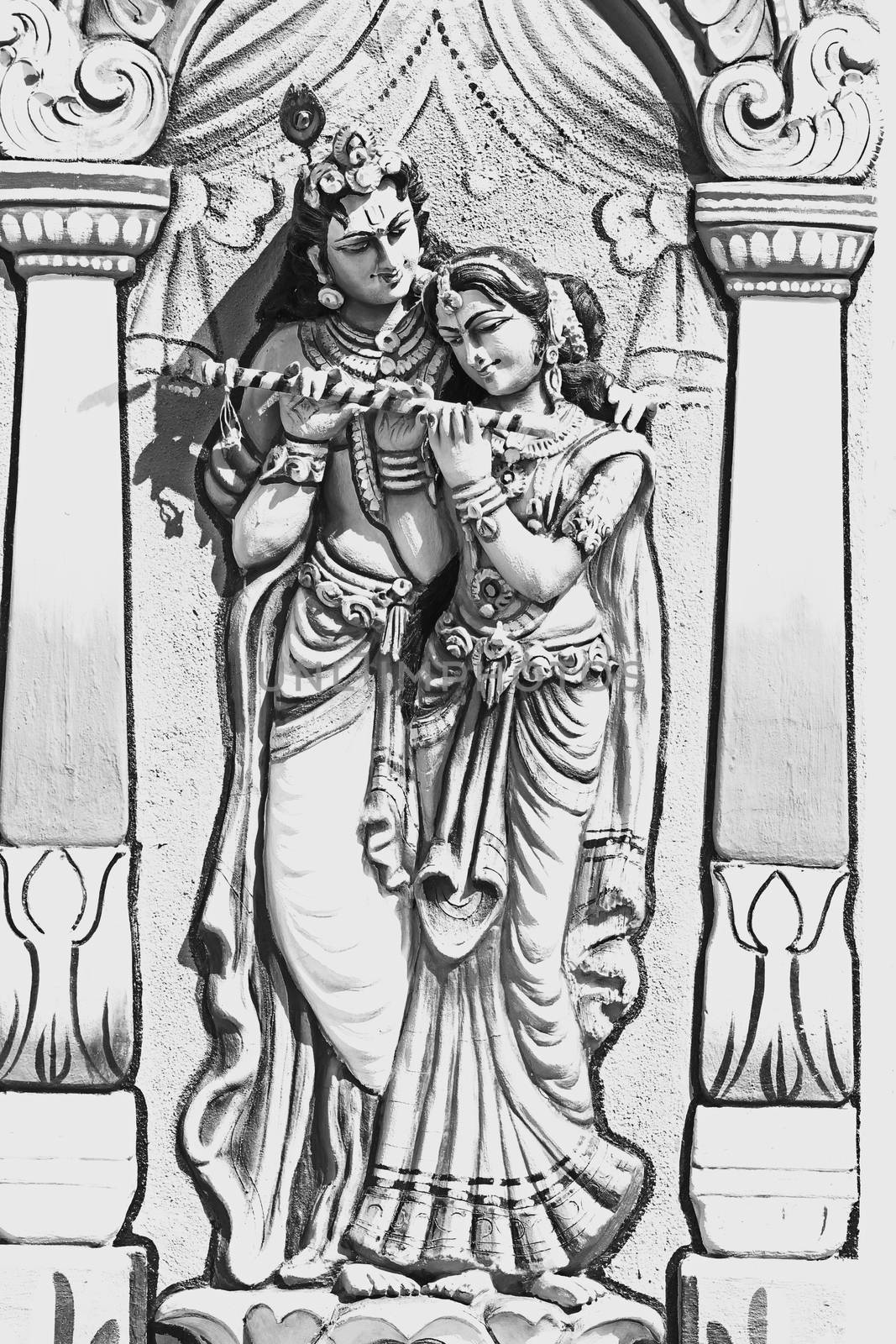
Sculpture of Radha Krishna
Stock PhotoUsername
yandsResolution
3456x5184pxSculpture of Radha Krishna

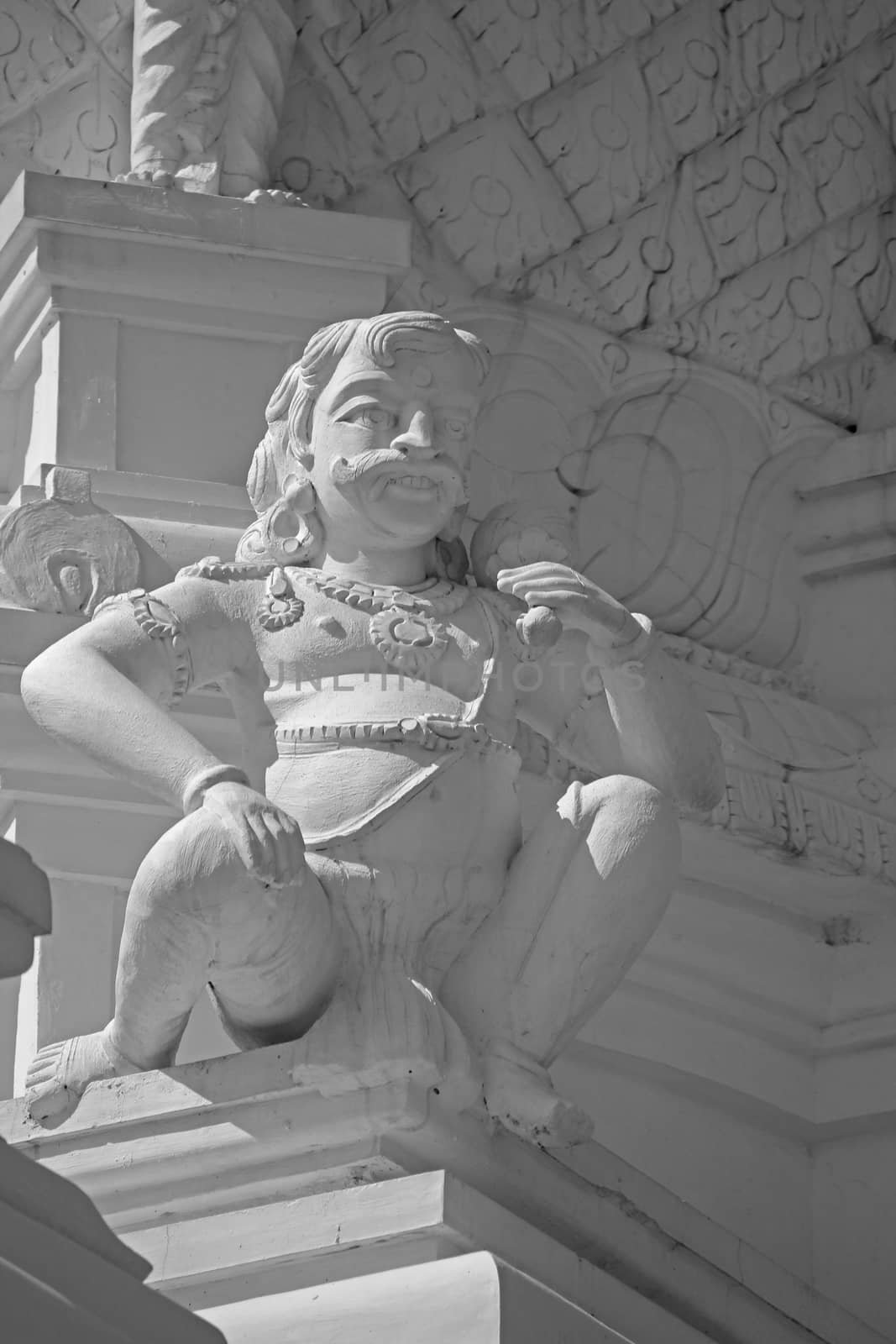
Sculpture at Shrinath Mhaskoba Temple, Kodit, Sasvad, Maharashtr
Stock PhotoUsername
yandsResolution
3456x5184pxSculpture at Shrinath Mhaskoba Temple, Kodit, Sasvad, Maharashtr

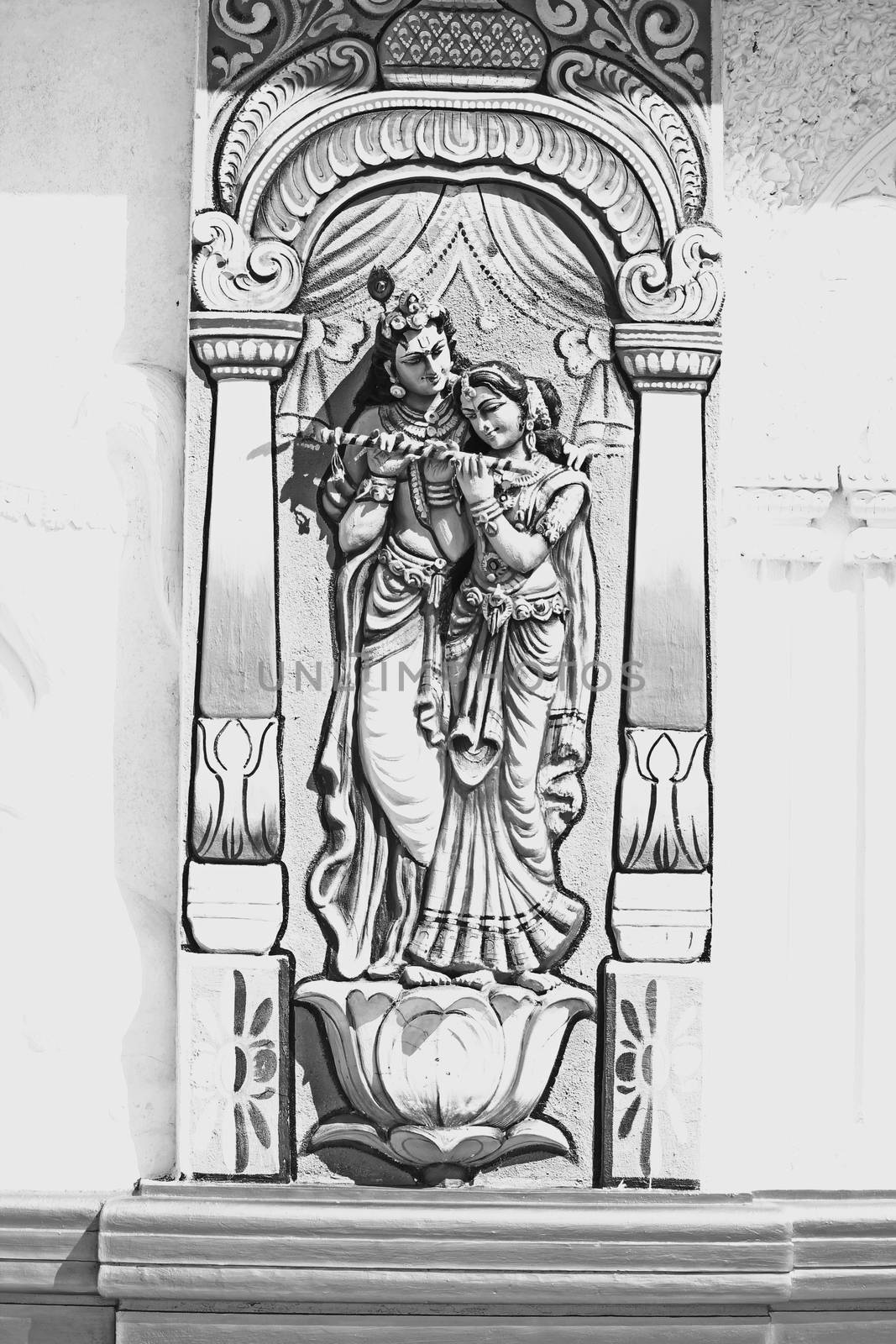
Sculpture of Radha Krishna
Stock PhotoUsername
yandsResolution
3456x5184pxSculpture of Radha Krishna


Sculpture at Shrinath Mhaskoba Temple, Kodit, Sasvad, Maharashtr
Stock PhotoUsername
yandsResolution
3456x5184pxSculpture at Shrinath Mhaskoba Temple, Kodit, Sasvad, Maharashtr
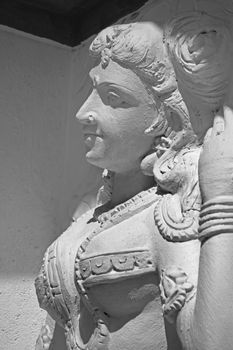

Sculpture at Shrinath Mhaskoba Temple, Kodit, Sasvad, Maharashtr
Stock PhotoUsername
yandsResolution
3456x5184pxSculpture at Shrinath Mhaskoba Temple, Kodit, Sasvad, Maharashtr
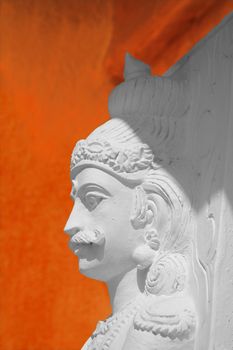

Sculpture at Shrinath Mhaskoba Temple, Kodit, Sasvad, Maharashtr
Stock PhotoUsername
yandsResolution
3456x5184pxSculpture at Shrinath Mhaskoba Temple, Kodit, Sasvad, Maharashtr
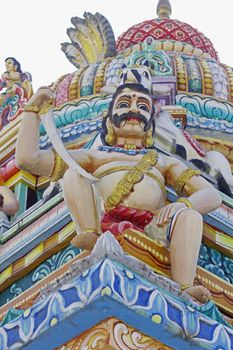

Sculpture of Lord Shiva
Stock PhotoUsername
yandsResolution
3456x5184pxSculpture of Lord Shiva
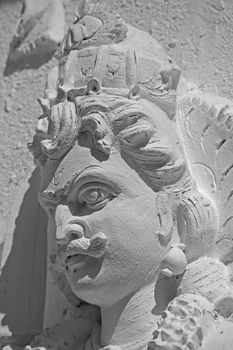

Sculpture of Demon
Stock PhotoUsername
yandsResolution
3456x5184pxSculpture of Demon
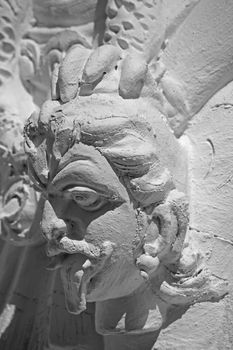

Sculpture of Lord Shiva
Stock PhotoUsername
yandsResolution
3456x5184pxSculpture of Lord Shiva
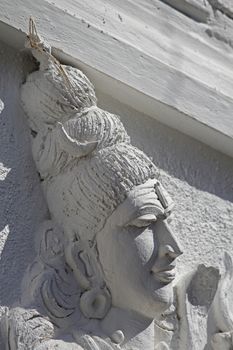

Sculpture of Lord Shiva
Stock PhotoUsername
yandsResolution
3456x5184pxSculpture of Lord Shiva
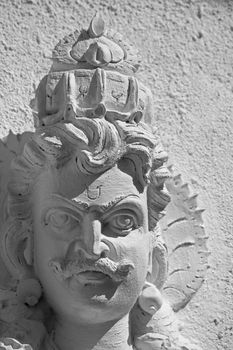
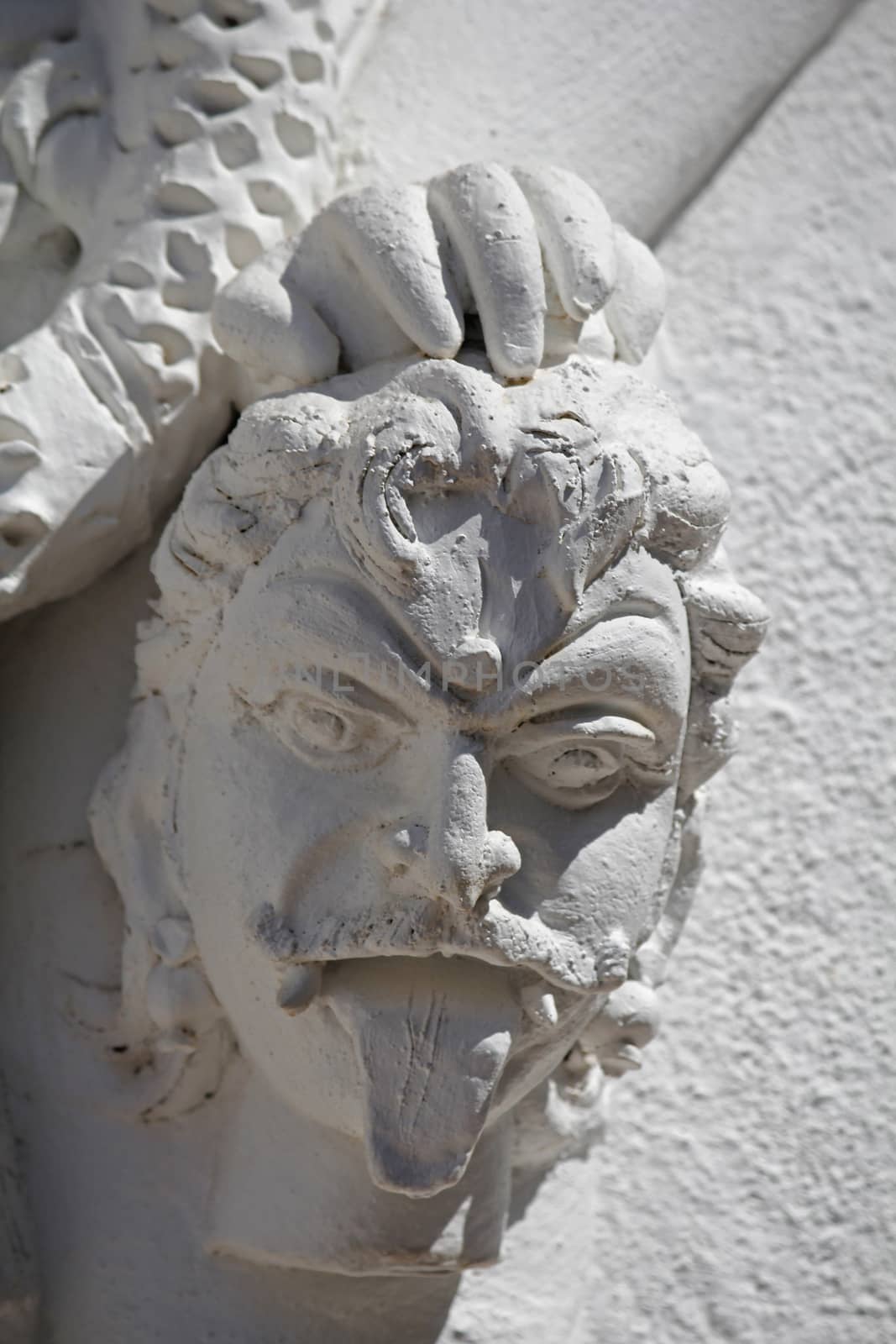
Sculpture of Demon
Stock PhotoUsername
yandsResolution
3456x5184pxSculpture of Demon


Statue of Goddess Mahisasuramardini
Stock PhotoUsername
yandsResolution
2600x3900pxStatue of Goddess Mahisasuramardini
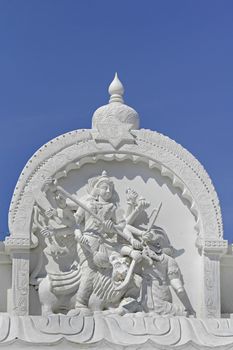
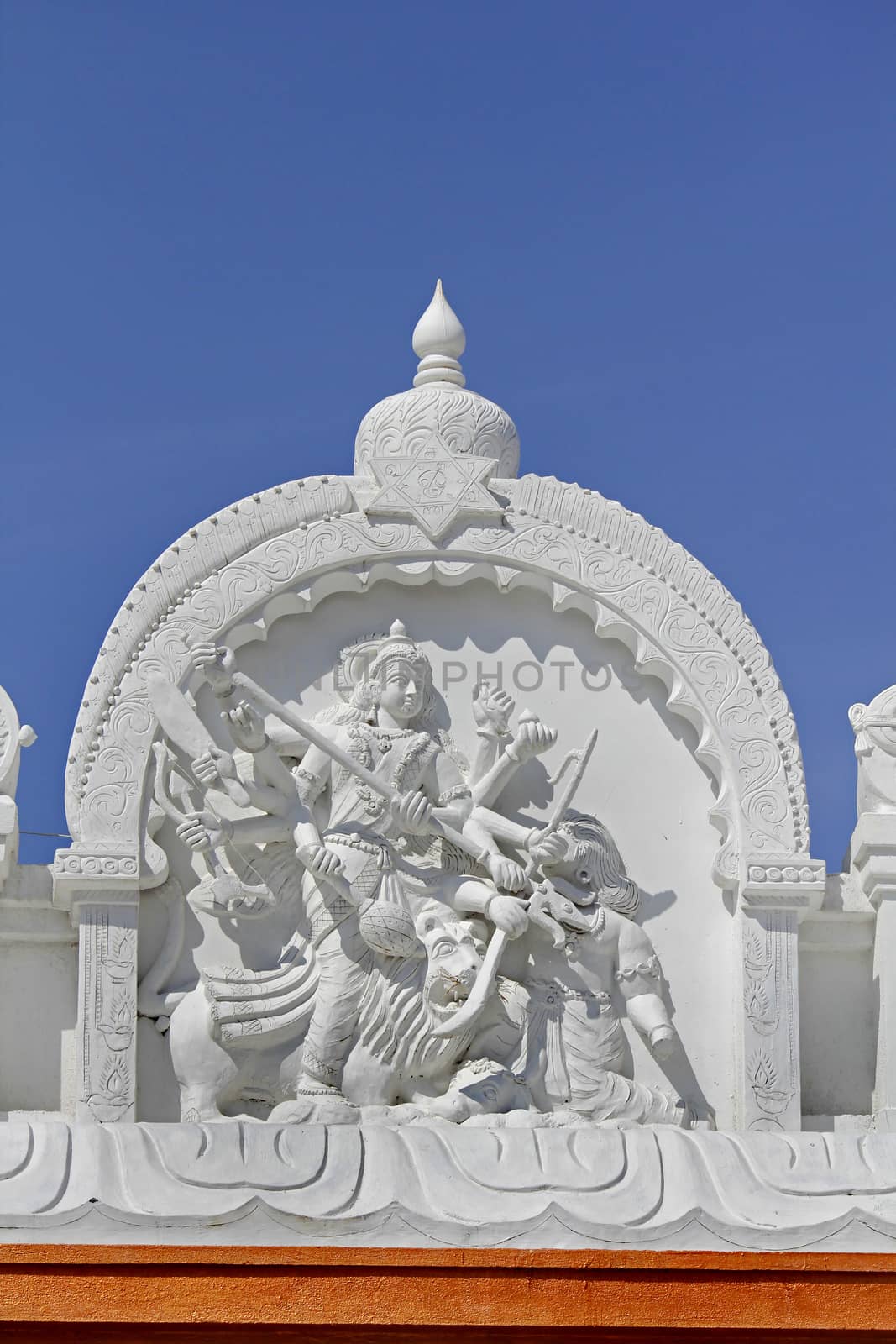
Statue of Goddess Mahisasuramardini
Stock PhotoUsername
yandsResolution
3456x5184pxStatue of Goddess Mahisasuramardini


Sculpture at Shrinath Mhaskoba Temple, Kodit, Sasvad, Maharashtr
Stock PhotoUsername
yandsResolution
3456x5184pxSculpture at Shrinath Mhaskoba Temple, Kodit, Sasvad, Maharashtr
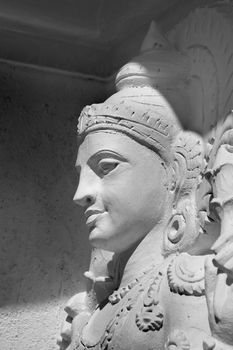

Five Headed Hanuman at Shrinath Mhaskoba Temple, Kodit, Sasvad,
Stock PhotoUsername
yandsResolution
3456x5184pxFive Headed Hanuman at Shrinath Mhaskoba Temple, Kodit, Sasvad,
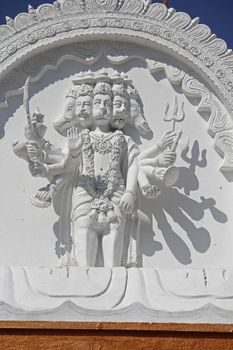

Gomukh, cow's mouth made of stone at Shrinath Mhaskoba Temple, K
Stock PhotoUsername
yandsResolution
3456x5184pxGomukh, cow's mouth made of stone at Shrinath Mhaskoba Temple, K
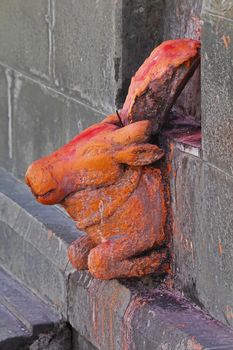

Sculpture of Lord Shiva
Stock PhotoUsername
yandsResolution
3456x5184pxSculpture of Lord Shiva
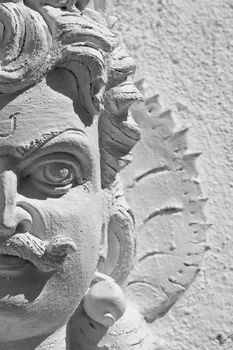
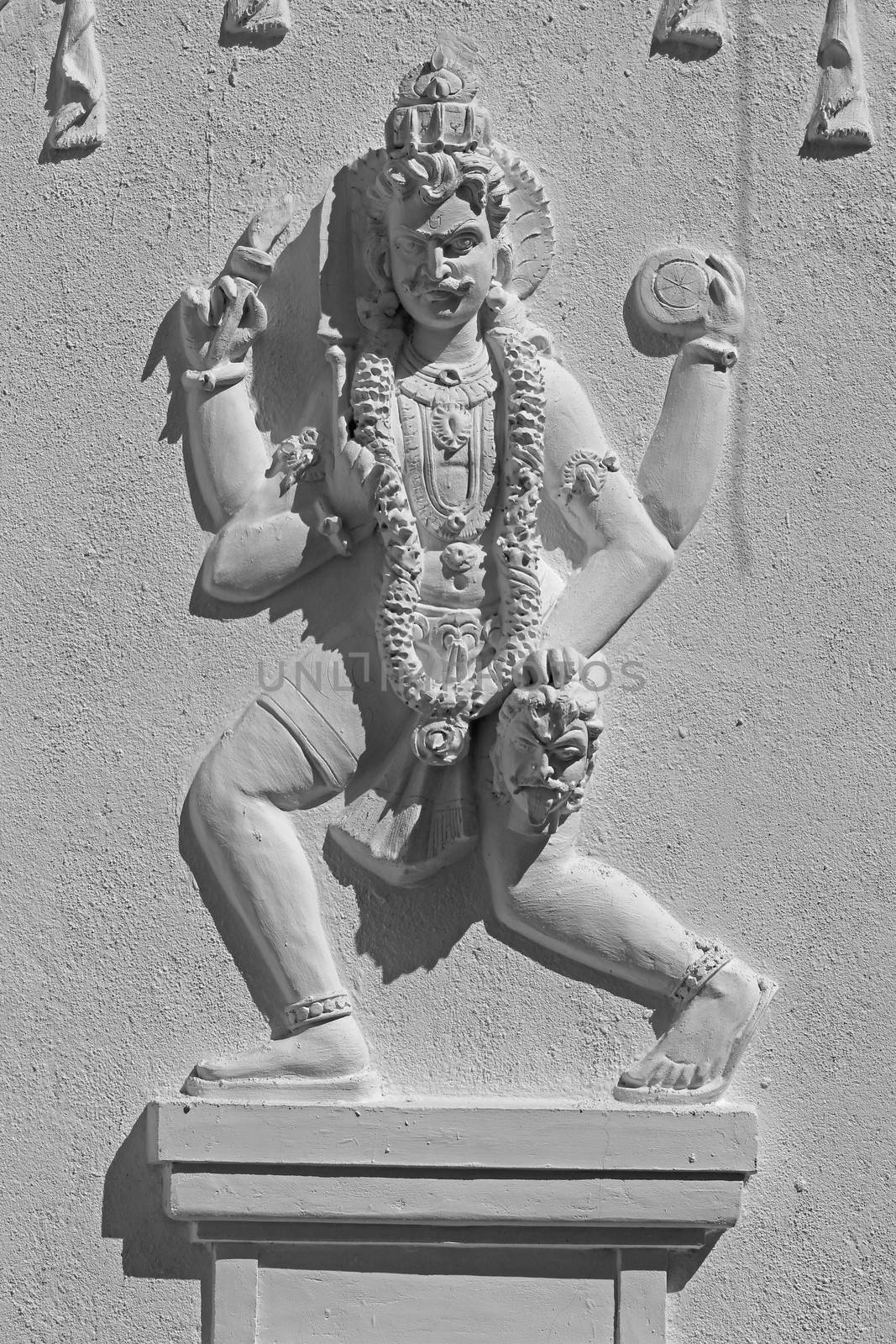
Sculpture of Lord Shiva
Stock PhotoUsername
yandsResolution
3456x5184pxSculpture of Lord Shiva

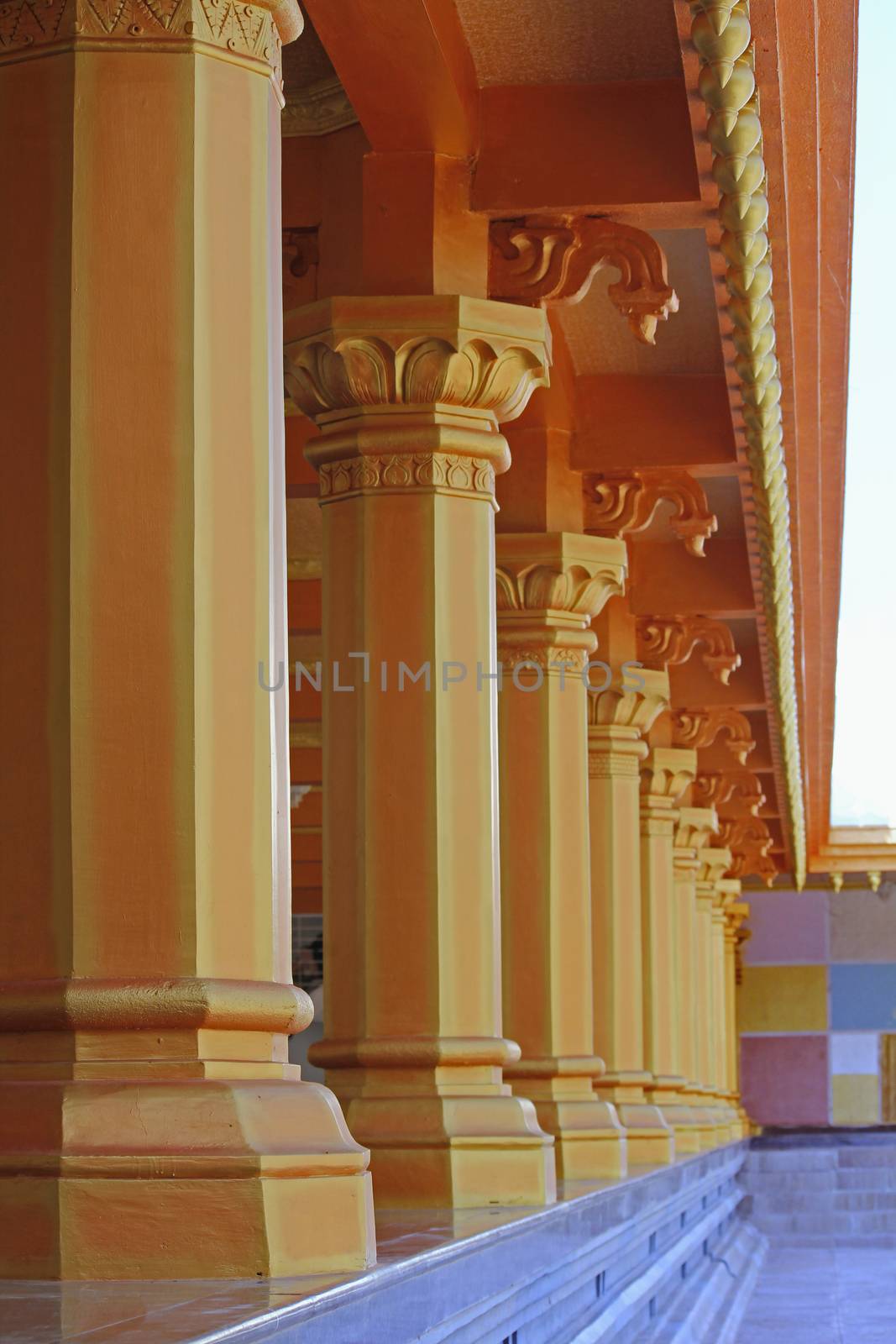
Designed Pillars at Shrinath Mhaskoba Temple, Kodit, Sasvad, Mah
Stock PhotoUsername
yandsResolution
3456x5184pxDesigned Pillars at Shrinath Mhaskoba Temple, Kodit, Sasvad, Mah


Different Work tools
Stock PhotoUsername
yandsResolution
3456x5184pxDifferent Work tools


Work tools in Jeans Pocket
Stock PhotoUsername
yandsResolution
3456x5184pxWork tools in Jeans Pocket


Work tools in Jeans Pocket
Stock PhotoUsername
yandsResolution
3456x5184pxWork tools in Jeans Pocket


Different Work tools
Stock PhotoUsername
yandsResolution
3456x5184pxDifferent Work tools

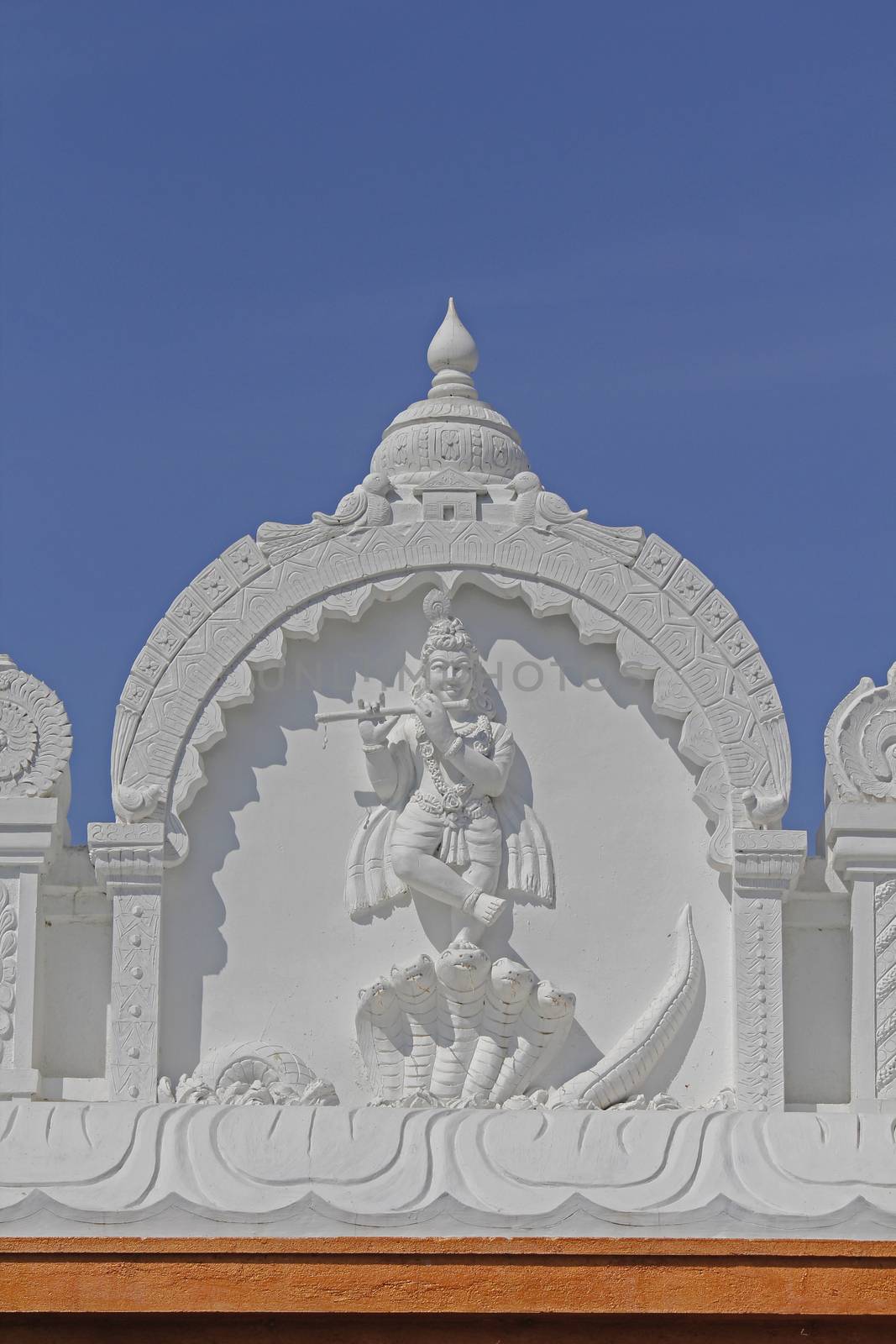
Statue of Lord Krishna at Shrinath Mhaskoba Temple, Kodit, Sasva
Stock PhotoUsername
yandsResolution
3456x5184pxStatue of Lord Krishna at Shrinath Mhaskoba Temple, Kodit, Sasva


Different Work tools
Stock PhotoUsername
yandsResolution
3456x5184pxDifferent Work tools
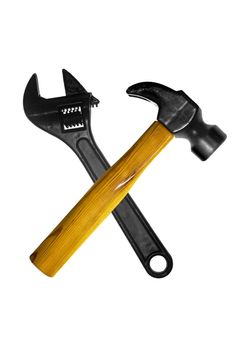

Screwdriver
Stock PhotoUsername
yandsResolution
3456x5184pxScrewdriver

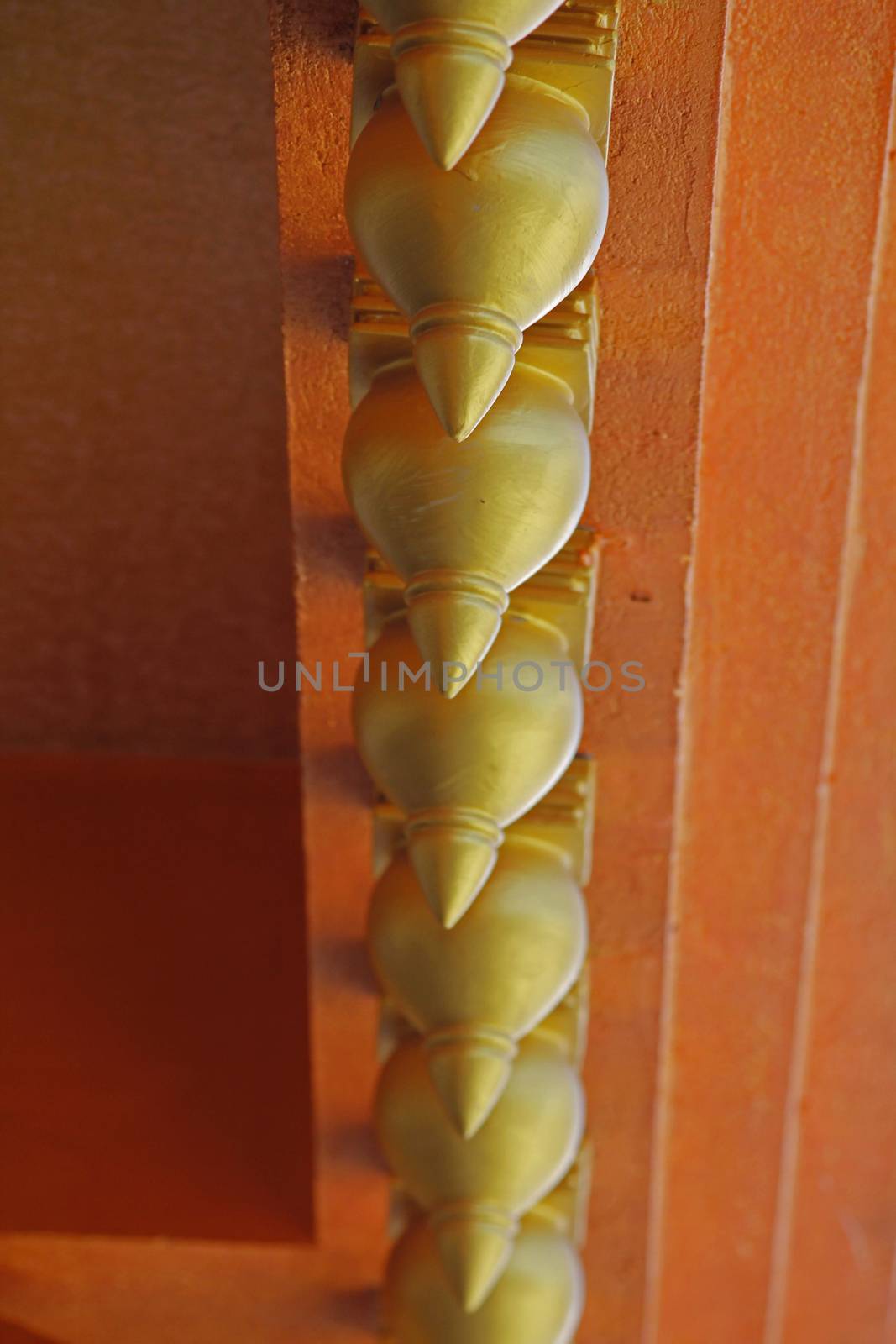
Decorative part at Shrinath Mhaskoba Temple, Kodit, Sasvad, Maha
Stock PhotoUsername
yandsResolution
3456x5184pxDecorative part at Shrinath Mhaskoba Temple, Kodit, Sasvad, Maha


Hammer in Human Hand hitting a nail
Stock PhotoUsername
yandsResolution
3456x5184pxHammer in Human Hand hitting a nail


Hammer in Human Hand hitting a nail
Stock PhotoUsername
yandsResolution
3456x5184pxHammer in Human Hand hitting a nail


Hammer in Human Hand hitting a nail
Stock PhotoUsername
yandsResolution
3456x5184pxHammer in Human Hand hitting a nail


Hammer in Human Hand hitting a Light Bulb with motion blur
Stock PhotoUsername
yandsResolution
3960x5184pxHammer in Human Hand hitting a Light Bulb with motion blur


Hammer in Human Hand hitting a Light Bulb
Stock PhotoUsername
yandsResolution
3960x5184pxHammer in Human Hand hitting a Light Bulb


Different Work tools
Stock PhotoUsername
yandsResolution
3456x5184pxDifferent Work tools


Hammer hitting Alarm Clock with motion blur
Stock PhotoUsername
yandsResolution
3960x5184pxHammer hitting Alarm Clock with motion blur

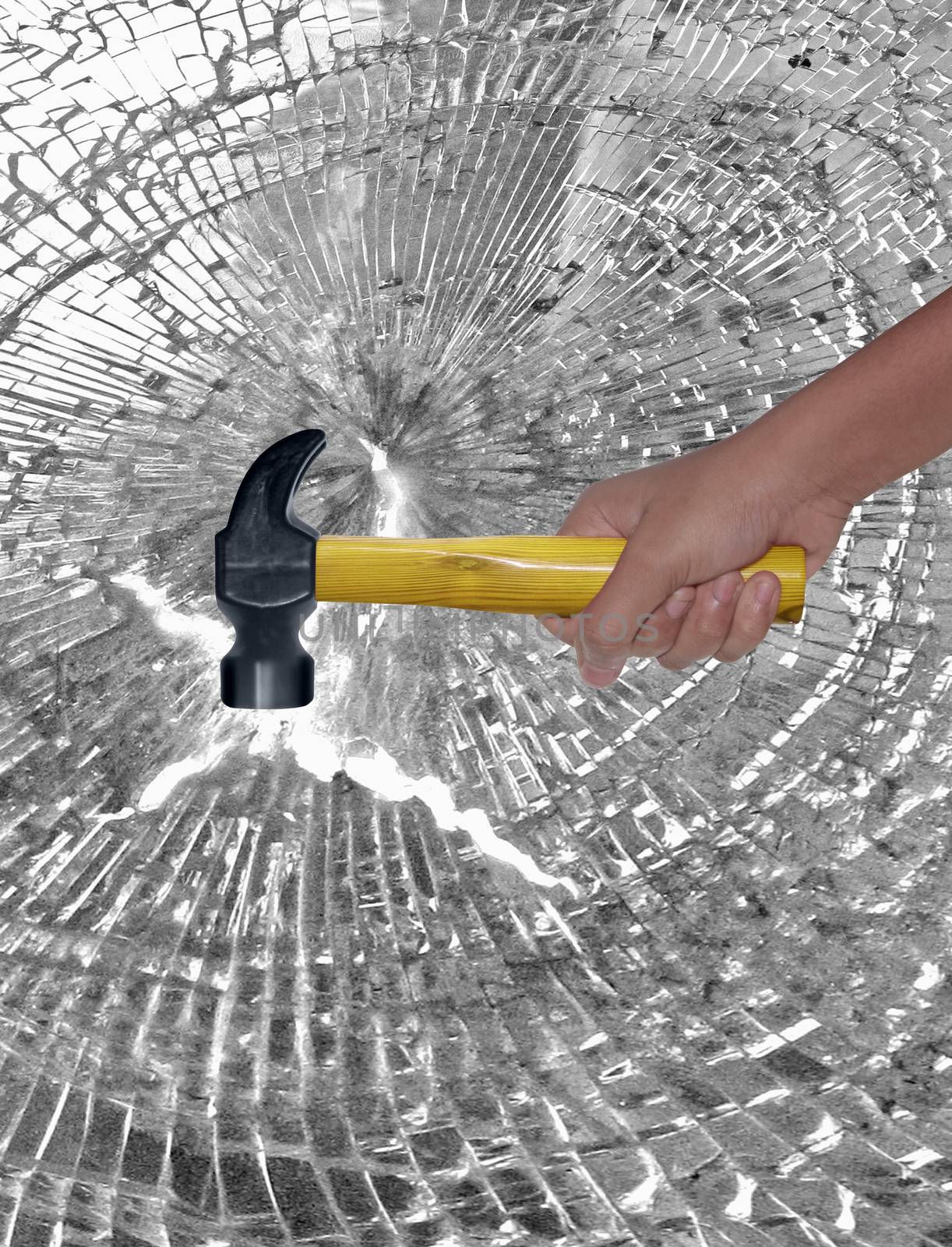
Hammer in Human Hand hitting Glass
Stock PhotoUsername
yandsResolution
3960x5184pxHammer in Human Hand hitting Glass


hammer hitting a Paper Man
Stock PhotoUsername
yandsResolution
3960x5184pxhammer hitting a Paper Man


Hammer hitting a Piggy Bank
Stock PhotoUsername
yandsResolution
3960x5184pxHammer hitting a Piggy Bank


hammer hitting a Paper Man
Stock PhotoUsername
yandsResolution
3960x5184pxhammer hitting a Paper Man


Hammer hitting Alarm Clock with motion blur
Stock PhotoUsername
yandsResolution
3960x5184pxHammer hitting Alarm Clock with motion blur

